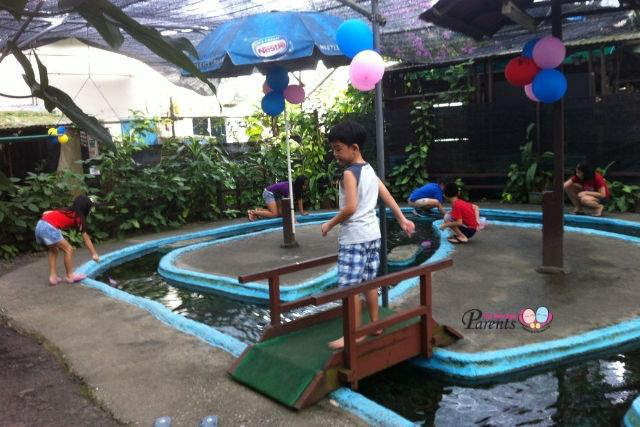From day one, the homework expectations for Primary students in Singapore are high. And it doesn’t get any easier.
Studies show that homework levels can lead to stress, poor sleep patterns and illness. It also affects families to spend quality time together and a child’s social development.
Despite what the research shows, the reality is homework is here to stay. It’s important for teachers and parents to find practical solutions and really understand what the purpose of homework is.
Helping Children With Their Homework
You want to help ease the burden on your children but you face several challenges – juggling your work and other family commitments; feeling less confident to teach or help as the homework complexity increases, having doubts about your teaching style and methods.
When your child doesn’t get the right answer, what next?
You may want to give them the right answer. But doing so might send a false message to your child. It may look like your child has done well. But your child may not have understood or developed the skills to work independently to solve the question.
⇒ Related Read: 8 simple ways to happier homeworking
As adults, we may have been able to get the right answer due to our own prior knowledge of the subject. But it is also likely that we have forgotten the steps to get to the answer.
Learning takes place and is reinforced when children make mistakes. Over-helping your child and providing them with answers will not give them the opportunity to learn from their own mistakes.
What can we do then? How can we help our children do their homework more effectively at the Primary level?
1. Teach your child time management
Back in my school days, my ‘prioritisation’ of homework tasks was largely decided by the following rationale: a) Do the subjects I liked best (History), followed by the subject I found easiest (English comprehension).
At the end of the day, I would be too tired to do my Math homework and ended up staring at the questions. Better time management would have helped.
This is a skill where our children might need guidance at the start. And this is where parents come into the picture.
Planning a homework schedule with your child shows your concern, and also ensures that homework is done without running late into the night.
If your child is unable to finish a task in the allotted time, it is likely that they do not fully understand a certain concept or have reached their limits. If it’s due to the second point, give them a short break and turn their attention to something else.
Over time, you will be able to identify if there are specific subjects or topics that your child is weaker at. When meeting your child’s teachers, ask and ensure your child receives support in these areas in school as well.
2. Have a distraction-free homework environment
As I wrestled with harder homework, distractions in my bedroom and on my desk became ever more attractive – Lego, a tennis ball and the fun of dismantling correction tape dispensers were definitely more fun than Algebra.
Removing them would have helped me focus. Your child’s study desk should not be cluttered with toys or things they might be distracted it. Keep it neat, with the necessary stationery and books needed.
⇒ Related Read: What kind of light to use for studying and reading
3. Share with them your knowledge, thoughts and ideas
Research shows that comprehension is closely linked to topic knowledge.
Discussing the themes of English comprehensions and sharing your experiences, opinions and knowledge will help your child read better. This is frequently practiced at British Council classrooms, but you can do this at home too.
For example, if the text they are reading is about ‘Heroes’, share with your children about your own ‘Hero’ and definition of a ‘Hero’.
Explain your thoughts on the topic and encourage your child to ask questions. You can do this while on the way to school, or even over dinner.
While you are not helping them write their answers directly, you are helping them to be better readers. In the long term, this will help them complete reading based homework more quickly.
4. If you can say it, you can write it
At the British Council, we very much believe in the maxim, ‘If you can say it, you can write it’. Just five minutes of conversation before starting to write can really help your child with plot generation and organisation.
It also aids in the selection of better ideas. This will help kick start your child’s writing process. As they develop their writing confidence and worry less about the content, they can start to pay more attention to accuracy.
5. Why is their answer the right one?
At British Council, we often play devil’s advocate to encourage our students to justify their answers even when they are correct. This challenge deepens their understanding of language concepts.
It is something you can do too to make homeworking more effective. For example, if your child chooses A in a Multiple Choice Question, get them to explain to you why B, C and D are incorrect.
Even spending a few minutes on a single worked example can help your child complete the rest of the homework more effectively.
This article was contributed by Charlie Spiller, Head of Primary Courses, British Council.
* * * * *
Want to be heard 👂 and seen 👀 by over 100,000 parents in Singapore? We can help! Leave your contact here and we’ll be in touch.
Stay in touch! 📣 Subscribe to our Telegram here for our latest updates.





























































